As solar energy becomes a popular and sustainable power source, more people are looking into the best energy storage options. In Nigeria, where power outages are common, choosing the right battery for a solar power system is crucial. Two prominent battery types on the market are Tubular Lead-Acid Batteries and Lithium-Ion Batteries. Each has its pros and cons, suited to different needs and budgets. Here’s a detailed breakdown to help you decide which battery might be best for you.

Understanding Tubular Lead-Acid Batteries
Tubular Lead-Acid Batteries are a type of deep-cycle lead-acid battery, specifically engineered for high-performance and heavy-duty use. Known for their durable design, these batteries are an affordable choice for home and small business solar systems. But what makes them so popular?
Advantages of Tubular Batteries
- Affordable: Compared to lithium batteries, tubular batteries come at a much lower price, making them accessible to a broader range of consumers.
- Durability for Heavy Use: These batteries handle deep discharge cycles well, meaning they can release most of their stored energy without compromising battery life.
- High Temperature Resilience: Nigeria’s warm climate is a perfect match for tubular batteries, as they’re built to withstand high temperatures.
- Availability: Due to their popularity and affordability, tubular batteries are widely available in Nigeria, and many local technicians can provide installation and maintenance services.
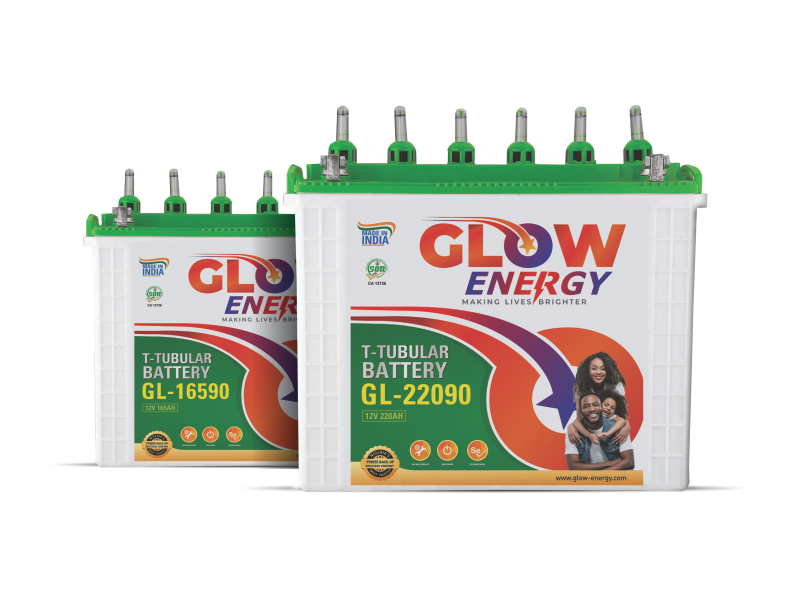
Drawbacks
- Maintenance Required: Tubular batteries require periodic water top-ups and maintenance to keep them running smoothly.
- Shorter Lifespan: Typically, tubular batteries last around 3-5 years. This means you may need to replace them sooner than lithium batteries.
- Bulkiness: These batteries are heavier and take up more space, which might be a consideration if you’re limited on room.
Cost in Nigeria
For a quality tubular battery in Nigeria:
- 200Ah: ₦200,000 – ₦350,000
- 150Ah: ₦120,000 – ₦200,000
These prices fluctuate based on exchange rates and availability.
Expected Lifespan
With proper maintenance, tubular batteries can last 3-5 years, making them a good choice for short-term investments. However, poor maintenance can reduce their lifespan significantly.
Understanding Lithium-Ion Batteries
Lithium-Ion Batteries represent a more modern, efficient option for solar power systems. Though they have a higher upfront cost, they excel in performance, efficiency, and longevity.
Advantages of Lithium-Ion Batteries
- Longer Lifespan: Lithium batteries are built to last, with an average lifespan of 8-15 years. For users who prioritize long-term value, they’re a solid investment.
- Minimal Maintenance: These batteries don’t need regular water top-ups or upkeep, making them ideal for customers who want a “set it and forget it” power solution.
- Higher Energy Density: Lithium batteries pack more power into a smaller space, which is beneficial if you’re limited on room.
- Better Efficiency: With a charge-discharge efficiency of over 90%, lithium batteries store and release energy more effectively, reducing waste and optimizing energy use.
- Greater Depth of Discharge (DoD): Lithium batteries can be discharged up to 90-95%, allowing users to utilize most of the stored energy without damaging the battery.
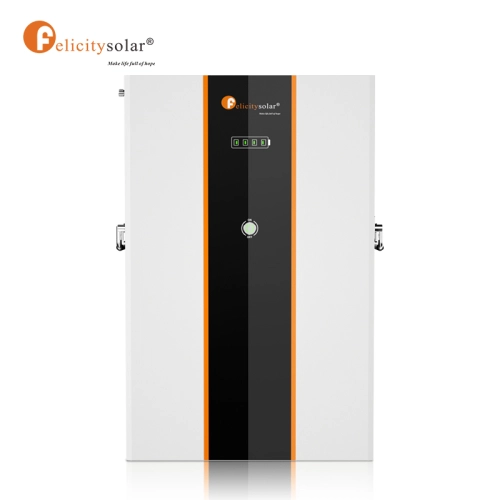
Drawbacks
- Higher Upfront Cost: While lithium batteries offer excellent long-term value, their high initial cost might be prohibitive for some customers.
- Availability: Lithium batteries are gaining popularity, but they’re still less widely available than tubular batteries in Nigeria, and their cost is heavily influenced by import fees and currency exchange rates.
- Potential Safety Risks: Although rare, lithium batteries can overheat if they’re improperly installed. Reputable installers are crucial to ensure safe installation.
Cost in Nigeria
Prices for lithium-ion batteries vary significantly based on capacity:
- 5kWh: ₦1,200,000 – ₦2,500,000
- 2.4kWh: ₦800,000 – ₦1,800,000
Although costly, their lifespan reduces the cost-per-year over time.
Expected Lifespan
Lithium-ion batteries generally last between 8-15 years, making them a great choice for customers looking for a long-term power storage solution.
Tubular Lead-Acid vs. Lithium-Ion: A Quick Comparison
| FEATURE | TUBULAR LEAD-ACID BATTERY | LITHIUM-ION BATTERY |
| Initial Cost | Lower | Higher |
| Maintenance | High (water top-ups required) | Low (maintenance-free) |
| Life Span | 3-5 years | 8-15 years |
| Energy Density | Moderate | High |
| Efficiency | 75-80% | 90-95% |
| Temperature Tolerance | Excellent in heat | Sensitive to extreme heat |
| Depth of Discharge | 50-80% | 90-95% |
| Space Requirement | Bulky and heavy | Compact and lightweight |
Which Battery is Right for You?

For cost-conscious buyers who are looking for a short-term solution, Tubular Batteries are an economical option, particularly suitable for households with low-to-moderate electricity requirements.
For long-term value seekers who can afford a higher initial investment, Lithium-Ion Batteries offer unmatched efficiency, lifespan, and maintenance-free operation. They’re ideal for businesses or households with significant and regular power needs.
Key Takeaways Before You Buy

- Budget: Tubular batteries offer short-term affordability, while lithium batteries deliver long-term value.
- Usage Pattern: Frequent power outages or higher power needs favor lithium batteries, thanks to their efficiency and depth of discharge.
- Maintenance: If you prefer a maintenance-free battery, lithium is the best choice.
- Space: If you have limited space, lithium batteries are compact and easier to install.

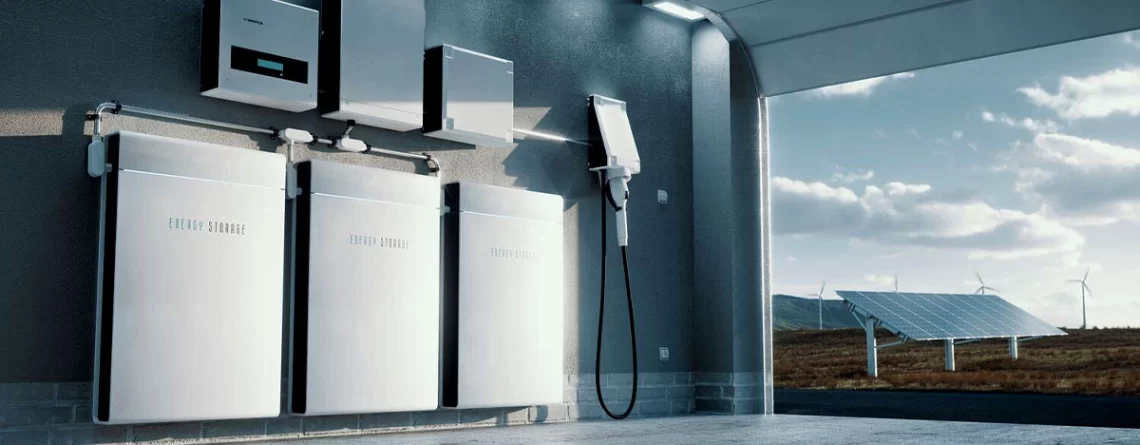


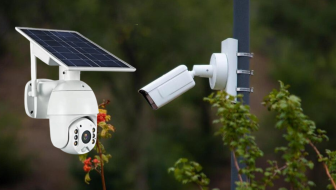
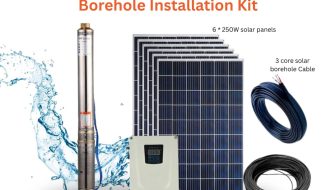
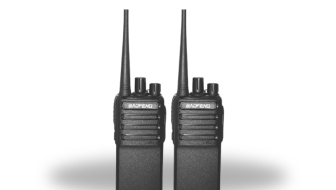
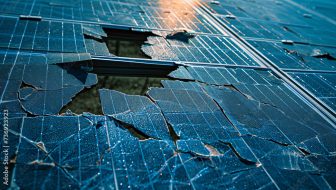


Leave a Reply